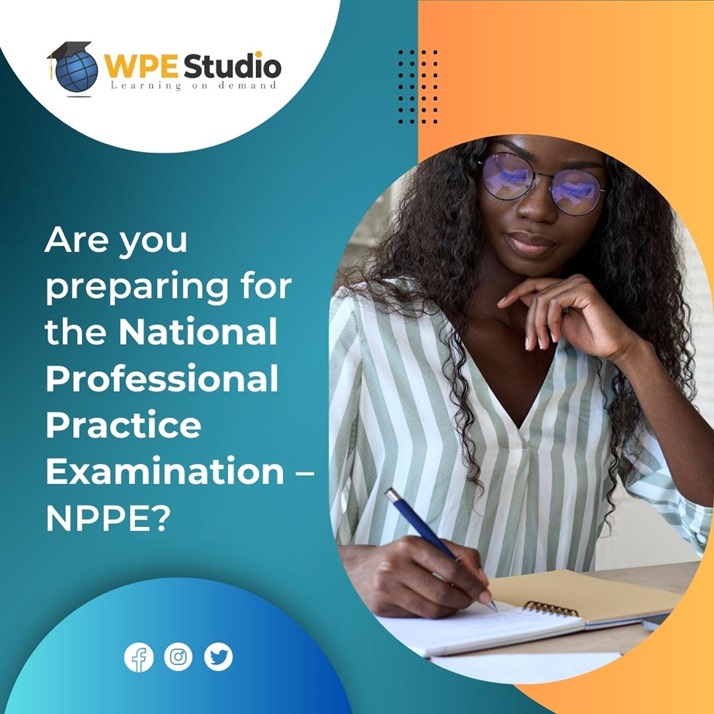Not exactly, but almost. There is a total of 15 associations of professional engineers and/or geoscientists across Canada. Only these, and no other organization else, can license you to practice engineering or geoscience. These are (geographically ordered on the map, left to right, bottom to top, as follows):
- Engineers and Geoscientists British Columbia (EGBC)
- Association of Professional Engineers and Geoscientists of Alberta (APEGA)
- Association of Professional Engineers and Geoscientists of Saskatchewan (APEGS)
- Engineers Geoscientists Manitoba (EGM)
- Professional Engineers Ontario (PEO)
- Professional Geoscientists Ontario (PGO)
- Ordre des Ingénieurs du Québec (OIQ*)
- Ordre des Géologues du Québec (OGQ*)
- Engineers and Geoscientists New Brunswick (APEGNB)
- Engineers PEI (EPEI)
- Engineers Nova Scotia (ENS)
- Geoscientists Nova Scotia (GNS)
- Professional Engineers and Geoscientists of Newfoundland and Labrador (PEGNL)
- Engineers Yukon (EY)
- Northwest Territories and Nunavut Association of Professional Engineers and Geoscientists (NAPEG)
Out of the 15 associations, 13 of them use the NPPE exam. The remaining 2 are the associations in Quebec (OIQ* and OGQ*), and these do not use the NPPE exam but an equivalent examination that, in French, they refer to it just as L’Examen Professionnel (EP), or translated into English the Professional Exam (PE). Naturally, it does not qualify for the adjective National.
NOTE 1: Out of the 15 associations of professional engineers and/or geoscientists across Canada, 14 are associated either with Engineers Canada and/or Geoscientists Canada. Only the Ordre des Géologues du Québec (OGQ*) is not associated with any of both.
NOTE 2: The practice of Engineering is currently regulated in all Canadian provinces and territories. Northwest Territories and Nunavut have together a single joint association (NAPEG).
NOTE 3: The practice of Geoscience is currently regulated in all Canadian provinces and territories, except in Prince Edward Island and Yukon.




0 Comments